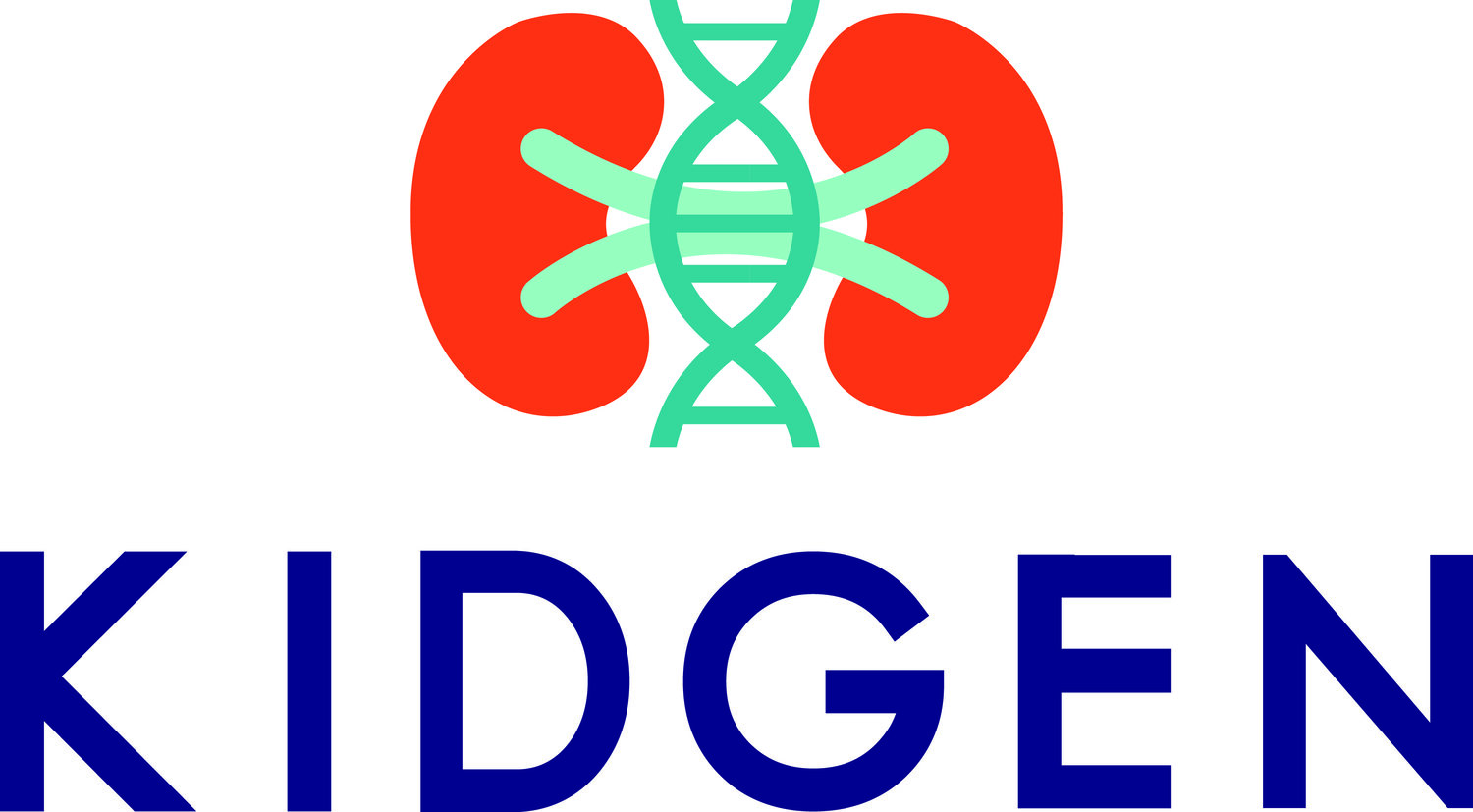16% of all hospitalizations in 2017-2018 were due to Chronic Kidney Disease (CKD), with CKD contributing to around 11% of all deaths in 2018¹. Whilst risk factors such as high blood pressure, tobacco smoking, increased weight and obesity and impaired glucose regulation are somewhat modifiable, around 20% of CKD in adults is thought to be genetic in nature², with an increasing number of genes now associated with the disease³.
Prevalence rates of CKD in children vary across the globe, however rates are universally greater for boys than girls⁴. In Australia, CKD occurs more commonly and at a younger age in Indigenous than non-Indigenous people⁵, with up to 70% of all early onset CKD in children arising from a genetic cause⁶.
Understanding the primary cause of any disease is essential for appropriate classification, prognosis and treatment and the evolution of genomic testing has greatly transformed the identification and management of genetic kidney disease (GKD). It is now thought that single gene disorders, also known as monogenic disorders, although rare, are the main cause of many kidney diseases, whilst polygenic variants are associated with around 1 in 5 adult-onset disorders⁷.
A recent study prospectively recruited 204 patients with a suspected monogenic kidney disease from four tertiary hospitals in Melbourne, Australia⁸. Singleton exome sequencing confirmed a molecular diagnosis in 39% of patients, and subsequently impacted management in 59% of these diagnosed patients. Importantly, the need for diagnostic renal biopsy was avoided in 13% of cases, and for the 41% cases where no change in management was indicated, the genomic result had implications for the management of other family members in 79% of cases.
Despite these promising results, only 23% of 172 nephrologists and trainees felt confident using results of genomic testing, with learning resources cited as one of the three main barriers to increased utilisation of genomic testing⁹.
This learning suite has been designed to directly address this gap and support the widespread multidisciplinary use of clinical genomics for kidney diseases.
use the Next Lesson button at the top and bottom of each page to navigate through this course OR use the side menu tab to jump to relevant content






